Earthbanc is a green digital investment platform incentivising effective, systemic action on climate change by building and deploying superior carbon offsets through the financial & corporate market segments. This supports businesses and individual customers alike to offset their emissions while directly investing in high impact, high quality regenerative projects around the world.
Using satellite technology and machine learning, Earthbanc is increasing the efficiency of carbon verification in both trees and soil by 80,000-fold, thereby opening carbon markets to 500 million small and large holders, who can now monetise their carbon. This solves many of the social inequity problems that current approaches to forest and carbon projects create. Earthbanc verified carbon offsets provide deep social and environmental impact, and track biodiversity metrics, making them the obvious choice for businesses that are serious about contributing to the SDGs.
Earthbanc provides a digital platform for financial services to channel investments into renewables, regenerative agriculture and conservation projects. Earthbanc’s carbon portfolio focuses on high impact projects such as protecting biodiversity hotspot forests and ecosystems, regenerative agriculture and agroforestry. These provide some of the most cost effective climate change mitigation and adaptation benefits, whilst also strengthening livelihoods and empowering communities to thrive. On its platform, Earthbanc offers a Grow Bond that achieved 6 percent return (2019) whilst sequestering two tonnes carbon for every $100 invested.
In 2020, Earthbanc “graduated” from a Central Bank Blockchain Fintech Sandbox, proving the robustness of its blockchain technology. Other backers of Earthbanc are the European Space Agency Business Incubator, EIT Climate-KIC Nordic Accelerator and impact investors globally.95
95 ‘Earthbanc - Green Digital Banking & Investment Platform’. n.d. Earthbanc. Accessed 16 September 2020. https://earthbanc.io/about/.






